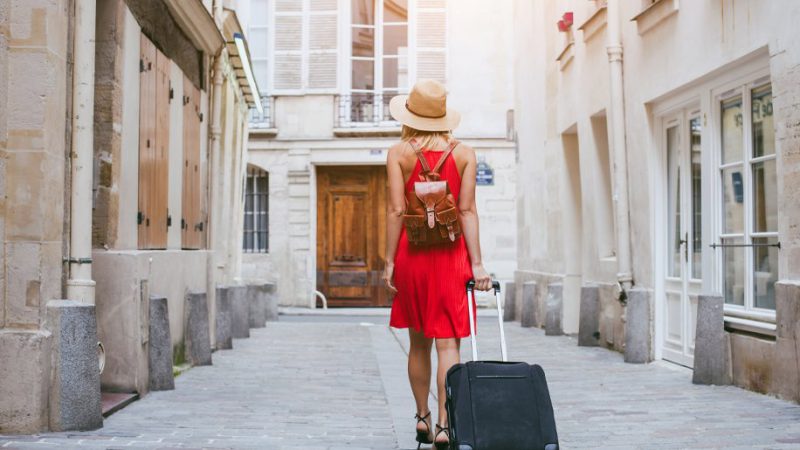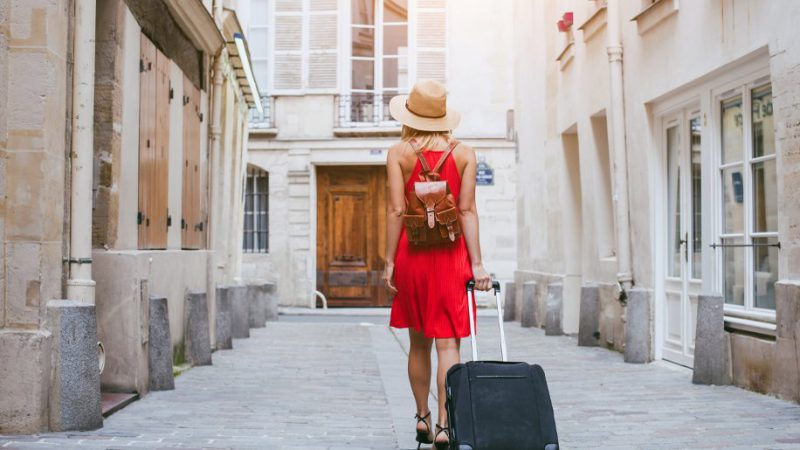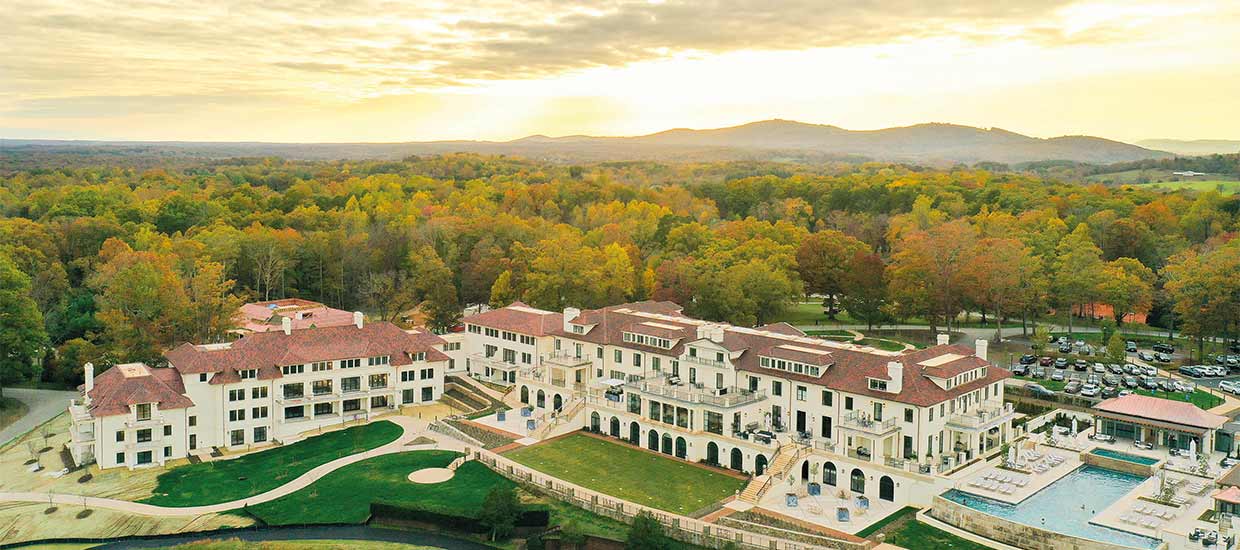Urban Hotels Begin to Gear Up while Taking a Grim Assessment the Damages
This sector has bled more than 66 percent of its room revenues during a year like no other
May 20, 2021


Perhaps in the way neighbors in a community will step out of their homes after the storm has passed and the twister has shed its wrath, the hotel industry is stepping out of the pandemic to assess the damage to their businesses and the industry and prepare to roll up sleeves.
Urban hotels have been particularly hard hit. A pulse taken in January showed this sector to be down 66 percent in room revenue compared to last year, which does not include the lost revenue from groups, meetings and food and beverage that is a main driver for business in these markets. For example, New York City has seen one-third of its hotel rooms (42,030 rooms) wiped out by the COVID-19 pandemic according to news reports, with nearly 200 hotels permanently closing in the city.
A national survey conducted by Morning Consult commissioned by the American Hotel & Lodging Association (AHLA) found that only 29 percent of Americans would consider traveling to a city or urban destination this summer, further showing the economic devastation facing urban markets, which rely heavily on business from events and group meetings and underscoring the need for targeted relief from Congress.
“Hotels and hotel employees in urban markets are among those most impacted by the dramatic decline in travel over the last year,” said Chip Rogers, president and CEO of AHLA. “COVID-19 has wiped out 10 years of hotel job growth.
The survey of 2,200 adults found:
• Only 29 percent of respondents are likely to travel to a city or urban destination this summer, and 71 percent state they would not travel to an urban market.
• 75 percent are uninterested in traveling to a U.S. city or metropolitan area to avoid dealing with pre-travel or post-travel quarantine and testing guidelines.
• 73 percent are uninterested in traveling to a U.S. city or metropolitan area due to lack of interest in traveling generally.
• 72 percent are uninterested in a vacation or leisure trip to a U.S. city or metropolitan area despite lower prices due to fewer people traveling.
“Anything that involves local resort travel is going to go gangbusters,” noted a shareholder at Polsinelli PC, a Kansas City-based law firm as quoted in Law360. “Many of the properties primed for upticks in occupancy are outside of the nation’s largest cities, and many are in drive-to markets. Many are also on freeways, which are convenient for guests looking to arrive by car,” added Jim Butler, chairman of the global hospitality group at Jeffer Mangels Butler & Mitchell LLP in Los Angeles.
Hotels in urban markets have been disproportionally impacted by the pandemic. While leisure travel will start returning this year as more people are vaccinated, business and group travel, the industry’s largest source of revenue, will take significantly longer to recover. Business travel remains nearly nonexistent and is not expected to return to 2019 levels until at least 2023 or 2024. Business travel is down 85 percent from pre-pandemic levels and not expected to begin to slowly return until a COVID-19 vaccine is widely available in the second half of the year. Major events, conventions and business meetings have also already been canceled or postponed until at least 2022.
Leisure and hospitality has lost 2.8 million jobs during the pandemic that have yet to return, and the unemployment rate in the accommodation sector remains 225 percent higher than the rest of the economy. Leisure and hospitality unemployment represents more than 25 percent of all unemployed persons in the United States, according to the Bureau of Labor Statistics.




